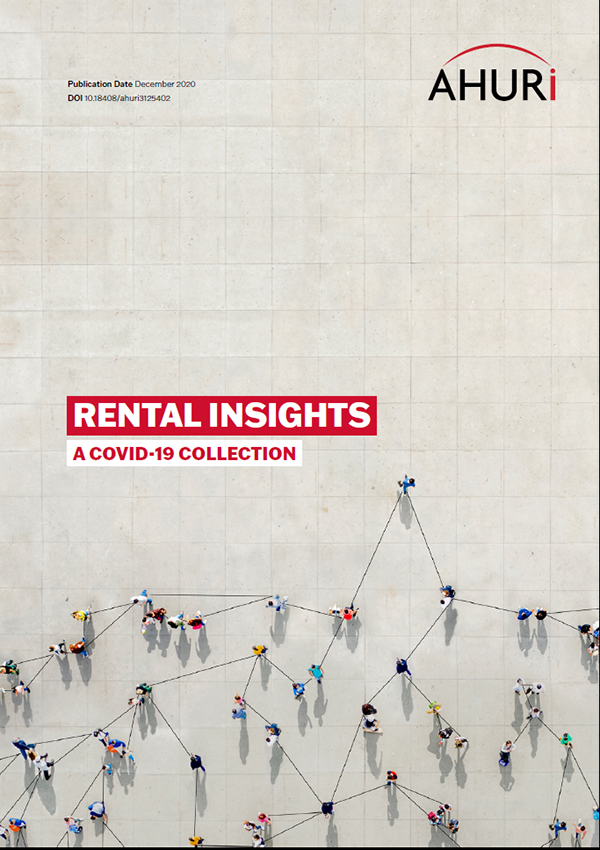Older Renters Are Lonely and Struggling Financially During COVID - Research Shows
A new publication released by the Australian Housing and Urban Research Institute (AHURI) into the impact of COVID-19 on renters shows that older renters are more lonely than before the pandemic and are struggling financially.
Dr Emma Power, from Western Sydney University’s School of Social Sciences and Institute for Culture and Society, analysed data as part of AHURI’s Rental Insights: A COVID Collection (opens in a new window), released today (opens in a new window).
 Dr Power says that the COVID-19 pandemic has exacerbated already serious affordability issues in Australia’s housing system, particularly for the growing number of older, very-low income renters.
Dr Power says that the COVID-19 pandemic has exacerbated already serious affordability issues in Australia’s housing system, particularly for the growing number of older, very-low income renters.
“Research shows that over 1 in 5 find it difficult to meet their essential costs after rent is paid, including food, bills and clothing,” she says.
“Nearly 2 in 3 are struggling to pay for nonessential costs like social activities, and over three quarters do not have enough money to save or invest.”
While financial stress is an ongoing problem, Dr Power explains that disruption to services that vulnerable households rely on for survival has placed them at higher risk during the pandemic.
“People unable to afford basic essential expenses like food are likely to experience health and wellbeing costs and be more dependent on charities like local foodbanks to make ends meet.
“During COVID-19 these services have faced closures, impacting people’s ability to access essential items like food.”
The research also shows increased feelings of isolation as a result of COVID-19, with 2 in 5 older, very-low income renters reporting escalating loneliness during the pandemic.
“Inability to afford the costs of social activities can lead to a loss of social connections and negatively impact wellbeing,” explains Dr Power.
“COVID-19 heightens this risk, particularly during periods of lock-down, driving elevated levels of loneliness.”
Dr Power describes an urgent need to address rental affordability among very-low income renters, particularly older renters.
“For a long time, the private market has been failing to meet the needs of vulnerable households, particularly those with government pensions or allowances as their main source of income.
“Public and government support for secure social and affordable housing is essential.
“It is time for change.”
Dr Power’s analysis focuses on renters aged 50 and over and with an annual household income of less than $31,000.
The Rental Insights: A COVID Collection (opens in a new window)is an addition to the Renting in the time of COVID-19: understanding the impacts (opens in a new window)report, released by AHURI in October.
The collection draws on data from The Australian Rental Housing Conditions Dataset funded by the Australian Research Council in partnership with six Australian universities as well an additional AHURI funded COVID-19 module.
Dr Power features on pages 21-22.
ENDS
4 December 2020




